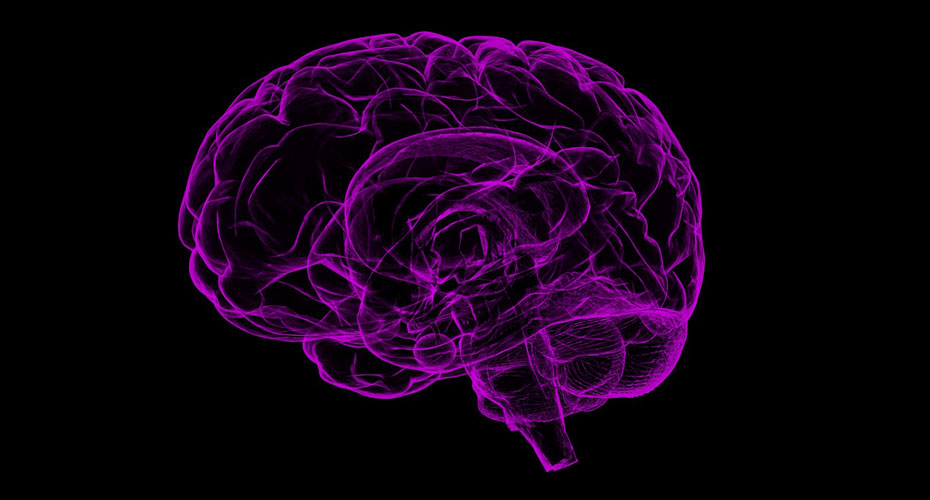Understanding brain and behaviour change across the lifespan
This research strength integrates work on developmental effects in the early years on mood disorders, cognitive control and associative learning, behaviour and cognition in older age, as well as work on senescence in other species.
Research highlights
Professor Darren Croft investigates the mechanisms and functions that underpin the structure of animal societies and the evolutionary implications for this structure. For example, he has looked at menopause in killer whales, finding that female killer whales survive after menopause because they help their family members find food during hard times.
Professor Natalia Lawrence explores how our brains process emotions, from responses to simple rewards and facial expressions to more complex mood states. She is interested in translating her basic research into psychological interventions of relevance to impulsive and compulsive behaviour, particularly in relation to eating behaviour.
Professor Ian McLaren works broadly in the areas of learning, memory, and cognition. He is interested in comparisons between humans and other species that attempt to identify common learning processes. He is interested in the interface between cognitive control and associative learning and how inhibition training can be applied to a variety of impulse disorders such as gambling.
Specialists in Brain and Behaviour:
Animal behaviour
Clinical psychology
Cognitive psychology




